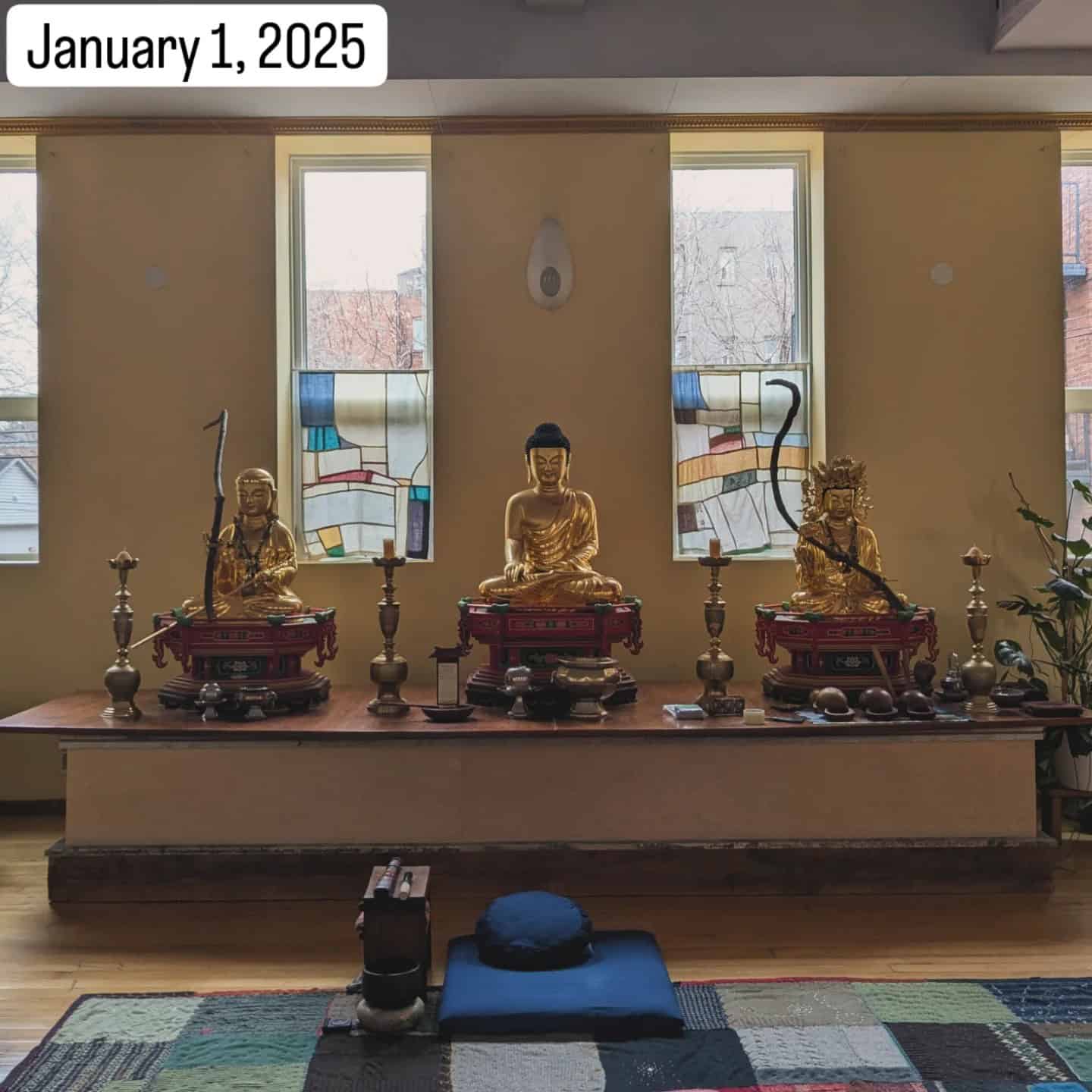Finding religion in adulthood, when you weren’t raised with anything in particular, is a strange experience. I haven’t met many people like that. It seems most stories are about people leaving religion, not finding it. Moreover, most of the people who have a religion were raised with it, and there wasn’t the experience of wrestling with a conversion (although that’s not to say there’s no struggle). In many ways, becoming a convert is much like any other choice you make in your life, and you may suffer having made it. I officially converted to Catholicism on Easter 2022. And in case you’re wondering, given what I’ve said so far, I don’t regret my choice at all. Rather, what I’m saying is that it’s not all peaches and cream.
Conversion comes with many highs, but it’s actually a roller coaster of what St. Ignatius called consolation and desolation—meaning spiritual highs and lows. And in my experience, a seminary education will increase their magnitude substantially. I’ve definitely had my fair share of highs, and those have been great; but if I’m honest, I’ve received far more personal and spiritual growth from the lows.
If you’ve ever said a prayer that was so devastating when it didn’t change anything, you might be able to relate. On that day, for me, I felt the ideas I had of God, faith, prayer, and purpose challenged in a remarkable way. I asked questions that were impossible to answer, questions that I still haven’t answered, leading me down a complex path of deep reflection. And so, my question today is this: what do we do when our faith is challenged or seems to fail us? How can we carry on spiritually when our beliefs don’t make sense anymore?
The easy way out is to apostatize, and I won’t lie—there was a point when I thought maybe I had, at least in my heart. The feeling emerged after I’d sat in a chapel some time that day and, pouring my heart out, felt emptiness. This utter deprivation of consolation that my spiritual journey landed me in therapy as well as the psychiatrist’s office asking about medication. As I felt, in those moments, abandoned, I asked the unanswerable question: where is God for the depressed? Where is he for the suicide? I thought perhaps God might be nowhere. But spiritual traditions are not abandoned so easily, in fact, and as much as an actual apostate might like to disagree otherwise, they are as much formed by their old tradition as the faithful believers are.
So, I also started practicing zazen—free enough from any previous catechesis I’d undergone that it didn’t trigger painful memories. I needed the blank slate, I think, to mellow out and think clearly. In this period, learning to deconstruct maladaptive spiritual beliefs and practices was, I think, essential for what is ultimately the goal of any spiritual journey: enlightenment, awareness of God, nirvana, union with God, heaven, etc., or whatever name you choose to give it. Each and every spiritual tradition is multi-faceted in some way, thereby capturing broader appeal. But not every belief or practice will resonate or make sense to everyone, nor are they meant to. They are simply tools built for specific purposes. (You wouldn’t use a butter knife to chop down a tree, would you?)
This is a very important point because now, two thousand years since the advent of Christianity (amongst other world religions), we find ourselves surrounded by spiritual teachers who suppose that they have cracked what Jesus called the “narrow” path. But if you look at the Bible, you’ll find that it’s wholly a story about how subversive God is, and how small our ideas about him are. In an excellent book by one Soto Zen monk, Brad Warner, he made clear that there are far more things that are inexpressible about God than expressible. Christian mystic Meister Eckhart also seems to affirm this in his distinction between the Godhead and the God that is beyond even that.
Simply put, each of us is like Moses as he asks, “If I come to the Israelites and say to them, ‘The God of your ancestors has sent me to you,’ and they ask me, ‘What is his name?’ what shall I say to them?” (Exodus 3:13) In each of our spiritual journeys, we must contend with this question, and the answer is more than just an answer: it is the very experience of “God” itself.
I share these experiences in the hopes that perhaps someone else might feel less alone in theirs. In the end, I drew wisdom from a couple traditions that have helped me to become the kind of “zenned out catholic” that I would describe myself as today. As I said, spiritual traditions are not easily abandoned and they have all shaped and continue to shape me. However, were I to tell an even greater truth, I’m not even keen on labeling it. Inspired by Simone Weil, the non-baptized Christian mystic, I’ve come to a realization that labels are only so important. Instead, experience, to be able to perceive God in all things, is the far more attractive prize.
So to conclude, I’ll reiterate that it was the periods of desolation, doubt, disbelief, and disillusionment that fostered the most growth and healthy change, at least for me. You can take some consolation in that, if you feel you need it. The spiritual journey is tough, but take heart: it is rewarding. And I wish you all luck as you embark on your own.

Leave a Reply